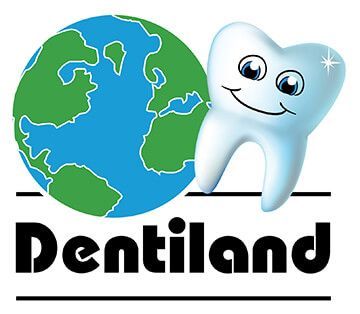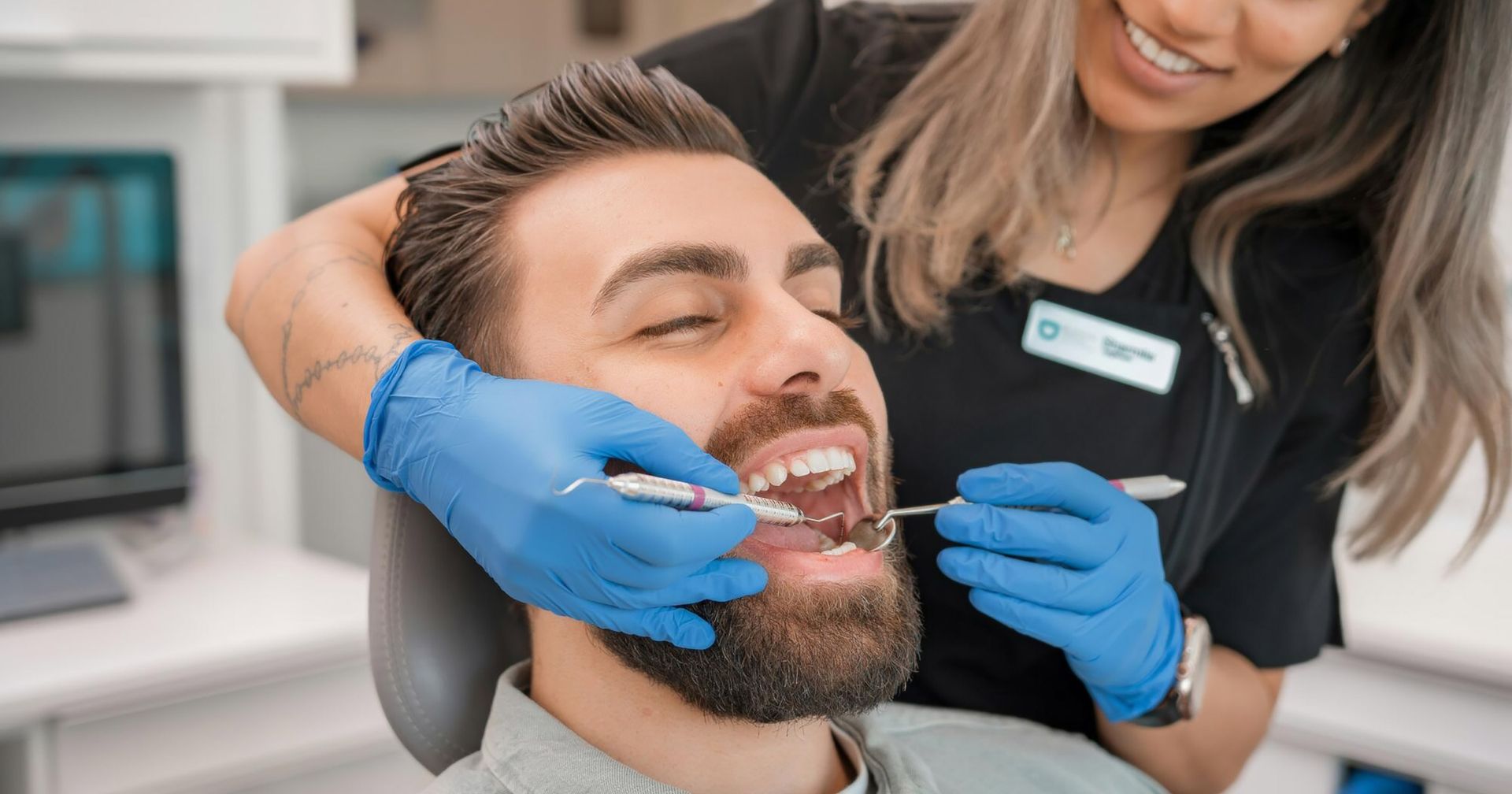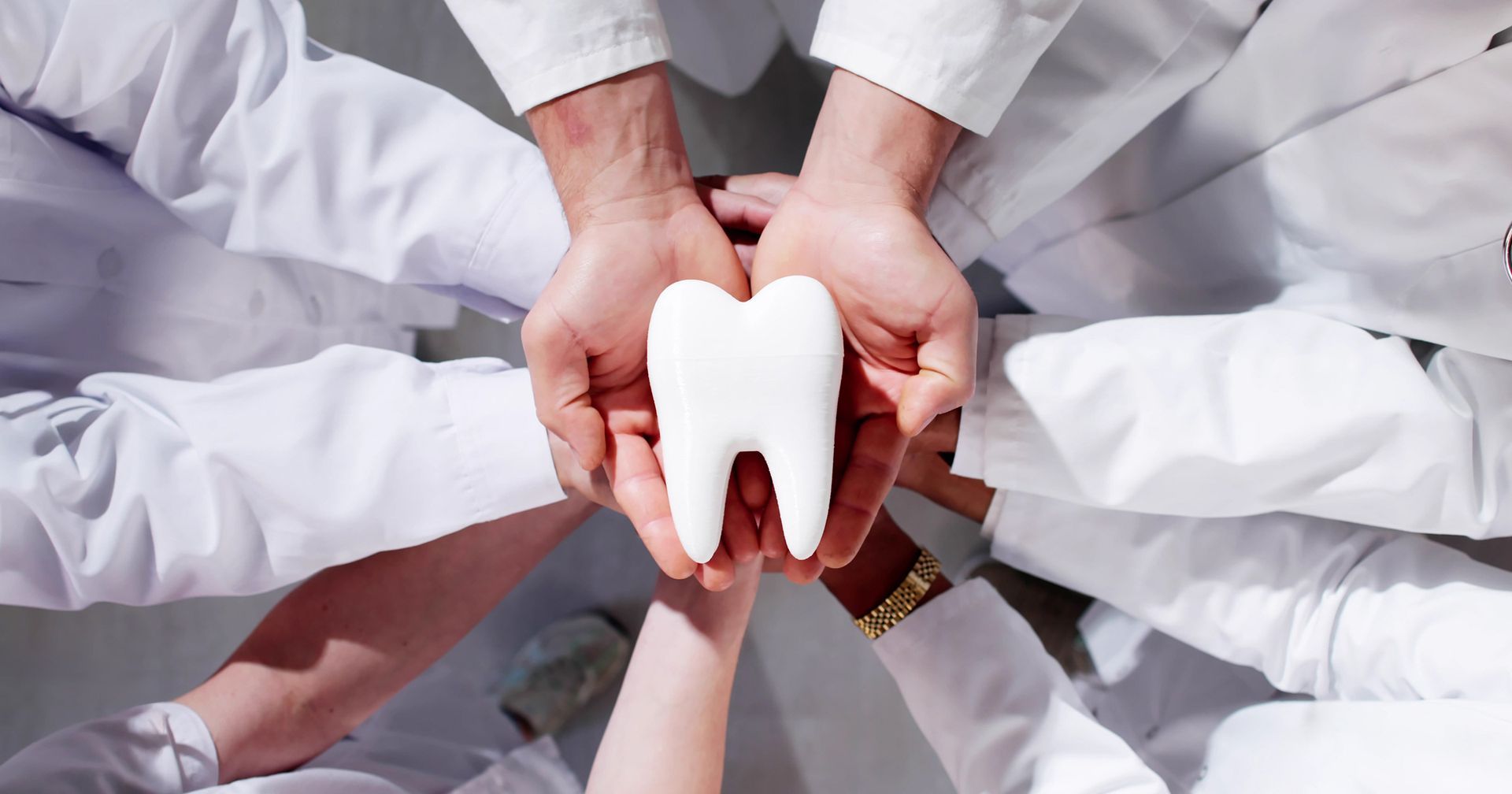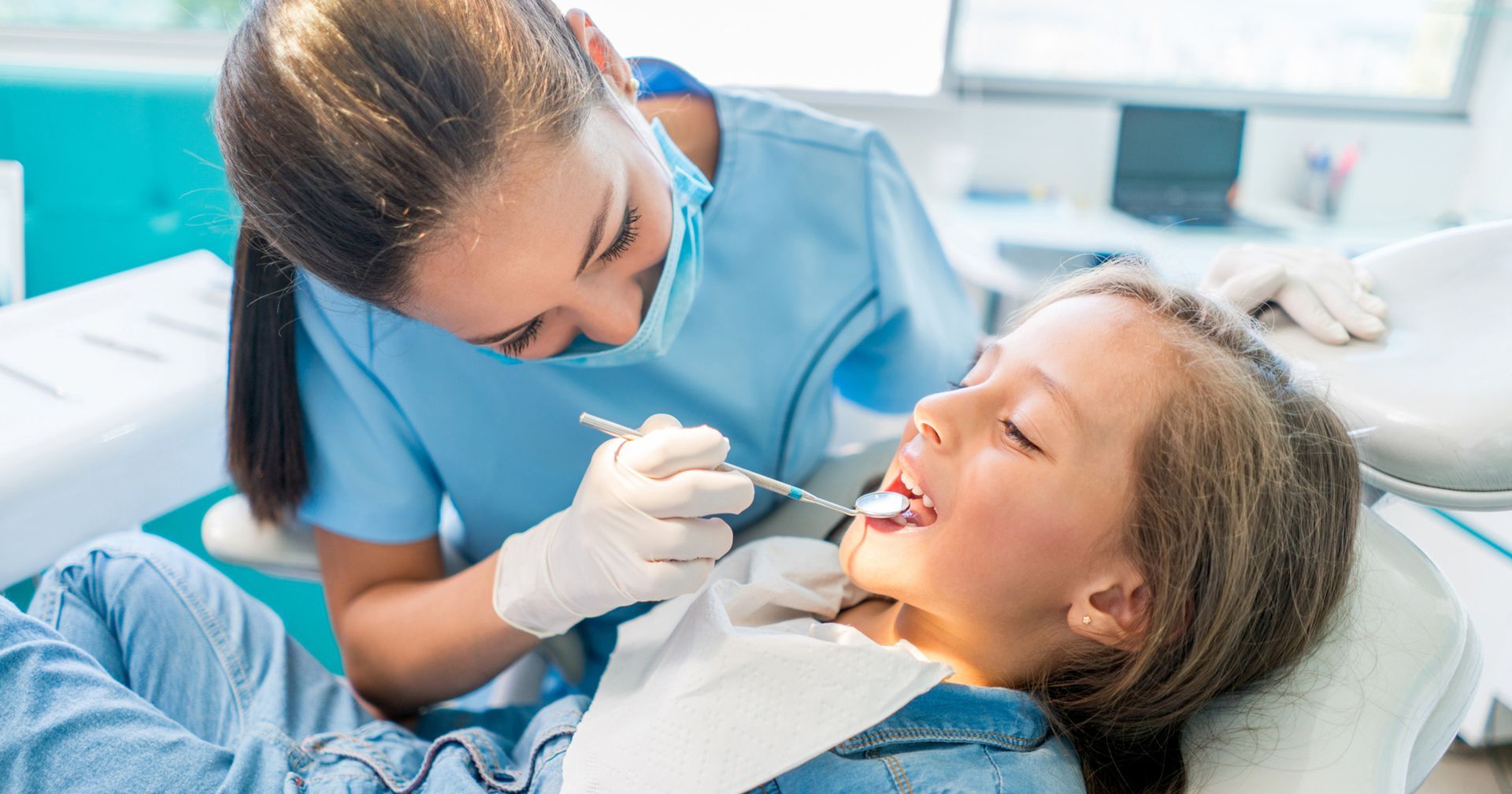Dentiland has partnered with a reputable business hotel in walking distance to our Dental clinic. Please contact our office for more information.
Dentiland has partnered with a reputable business hotel in walking distance to our Dental clinic. Please contact our office for more information.
Dentiland • August 3, 2020
The appearance of our teeth has a huge impact on how we feel about ourselves. Practicing good dental hygiene is the best way to keep our pearly whites shiny, but it isn't always enough to give us the smile we dream of.
When that's the case, a cosmetic dentistry procedure like custom veneers can help. Dental veneers look like the best version of your natural teeth, and research shows
that they can improve self-esteem and confidence.
Read on to learn more about the dental veneers process and how they can help improve your smile.
Veneers are a non-invasive cosmetic dental procedure
consisting of thin "shells" that are bonded (glued) to the front surface of your teeth. They work somewhat like permanent makeup, covering up any defects in the enamel.
Dental veneers are custom-made to match your teeth, meaning they won't look obvious or out of place. Depending on how you feel about your existing smile, you can choose to get a full or partial set on your top and/or bottom teeth.
Dental veneers can be made out of either resin or porcelain. Each has its pros and cons, and the material that's best for you will depend on your needs and budget.
Composite resin veneers are made of the same tooth-colored material dentists use for fillings. This is the faster, less expensive option. You can get a full set of veneers made and installed within a single visit to the dentist.
Resin veneers are ideal for people with thin enamel. They're also faster and easier to repair than porcelain if they get damaged.
Porcelain veneers are more expensive than resin ones, but for many people, the higher price is worth the increase in quality.
Porcelain is more durable than resin, meaning your veneers are less likely to get damaged. It also reflects light more like natural enamel and doesn't stain easily.
Veneers can camouflage a wide range of cosmetic defects. Many people choose them to cover up worn-down, cracked, or chipped teeth. They're also a great option for anyone who has fillings or obvious pitting in highly-visible front teeth.
If your teeth are uneven or slightly crooked, veneers are a way to make them appear straight without having to get braces or use aligner trays. They can also fill in the empty spaces between gapped teeth.
Other people turn to veneers to deal with staining, especially if it's from taking medications like tetracycline. Standard tooth whitening can increase sensitivity and can't always fix uneven discoloration from medicine or previous dental procedures. Veneers, on the other hand, restore your smile to its previous whiteness without irritating sensitive teeth.
Despite their many benefits, veneers aren't right for everyone. People who have thin enamel, severe dental decay, gum disease, or grind their teeth should ask their dentist about other cosmetic repair options.
Before you can start the process of getting veneers, your dentist
will have to take care of any restorative work that needs to be done. This may include routine cleanings, fillings, or treating mild gum disease.
Once your teeth are healthy and clean, veneer preparation can begin.
Your dentist will begin the process by numbing your mouth with a small injection. To help the veneers fit tightly without adding bulk, they will shave off a small amount of enamel from the front surface and sides of your teeth. They'll have to remove more enamel to install porcelain veneers than resin ones.
You won't feel any pain from this, but your mouth may be slightly sore for the next day or two.
Getting Resin Veneers
If you choose to get resin veneers, your dentist will install them right after removing the enamel. They'll start by mixing up the resin, taking great care to match your existing teeth or your desired shade of white.
Then, they'll paint the resin onto the surface of your teeth and sculpt it into a natural shape. After using a UV light to cure the resin, they'll polish it until smooth.
Getting Porcelain Veneers
Porcelain veneers take time to make, so you'll have to come back for a second visit to get them installed. Your dentist will make an impression mold of your teeth after contouring the enamel. They'll then fit you with a set of temporary veneers to protect your teeth for the few days before your next appointment.
When you return, your dentist will remove the temporary veneers and clean off any glue residue. They'll then check to make sure that each veneer is the right shape, size, and color. Finally, it's time to paint new bonding material onto the surfaces of your teeth and adhere the permanent veneers.
After the Procedure
Once your veneers are installed, your teeth may feel a bit strange or sensitive for a few days, especially when eating or drinking. This is a normal part of the process and will go away after a few days. You can eat and drink normally as soon as you feel up to it.
A set of veneers can last for well over ten years if you take good care of them. To prolong their lifespan, avoid doing things like smoking, biting your nails, or chewing on ice cubes, as these activities can stain and chip your teeth. You'll still need to brush and floss your teeth regularly and see your dentist for regular cleanings.
Getting dental veneers can restore both your smile and your confidence. Now that you're better informed about the veneers process, it's time to see you qualify for the procedure.
If you're looking for a top-quality dentist with expertise in veneers, Dentiland in Zona Rio Tijuana, Mexico can help. Contact us online
or by phone to set up an appointment and talk about which cosmetic dentistry options are best for you.
Dedicated to Adults and Children of All Ages
Cofepris permiso 2302022002A00138
FF-COFEPRIS-13 2302022002A00138
FF-COFEPRIS-02 2302025036X00873
FF-COFEPRIS-13 2302022002A00138
FF-COFEPRIS-02 2302025036X00873













